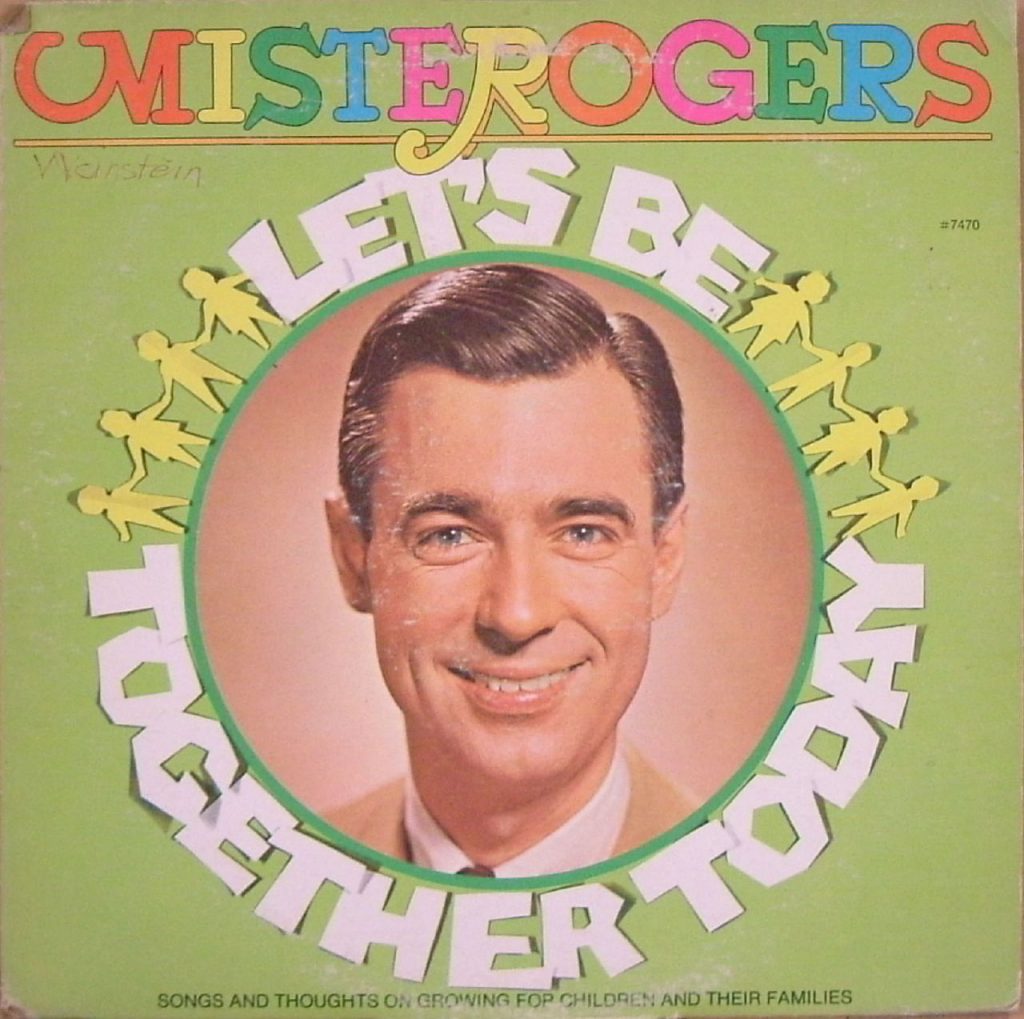
For many in my generation, Rev. Fred McFeely Rogers is a straight-laced dork – a grey-haired grandpa wearing rainbow cardigans and sneakers. His show “Mister Rogers’ Neighborhood,” is boring and its music is dated. This thought is not surprising considering the program aired in 1968 and remained on the air until his death in 2003 with little-to-no change. Yet for those who grew up with the show, Mister Rogers continues to be remembered with nothing but love and praise.
What makes him and his show so special? “Mister Rogers’ Neighborhood” is more than just another kid’s show. Mister Rogers used his time slot to give children a home. This neighborhood, in a world of saturated, simplified and speed-of-sound children’s entertainment, became a place for difficult conversations, encouraging words, self-reflection and jazz pianos –really good, jazzy pianos.
The iconic opening riffs by Johnny Costa gently glide us through a quaint townscape complete with a trolley line and diverse suburban housing. We plunge into one of these houses. Suddenly the riffs swell into the chorus. The front door bursts open. And Mister Rogers sings into the living room,
“It’s a beautiful day in this neighborhood.
It’s a beautiful day for a neighbor.
Could you be mine? Would you be mine?
It’s a neighborly day in this beauty-wood.
It’s a neighborly day for a beauty.
Would you be mine? Could you be mine?”
He opens a closet door and gracefully slips off an unassuming suit jacket,
“I have always wanted to have a neighbor just like you.
I’ve always wanted to live in a neighborhood with you so.”
and replaces it with a brightly colored cardigan.
“let’s make the most of this,” zip, “beautiful day!
And since we’re together we might as well say.
Could you be mine? Would you be mine?
Won’t you be my neighbor?”
He sits on a bench in front of the door. Dress shoes fling off his feet with a piano flourish, which drifts off into intricate arpeggios. The lesson begins.
What’s the issue in today’s episode? It is 1968 and Robert Kennedy was shot earlier today – the lesson is death and the meaning of assassination. Or it’s divorce and how it is not your fault, kiddo. Or anger issues and how to control them. Or Loneliness. Or Depression. Or Physical disability. Or Segregation. “Mister Rogers’ Neighborhood” never shied away from heavy and complicated adult topics – why should it?
Though children might not be able to fully comprehend such topics, they can recognize the impact not only upon their parents but their own emotions. All those feelings well up inside, so why let children’s hearts break when we can teach them how to show the hurt they feel? Mister Rogers uses the power of music to release whatever anguish one has to bear. Are you scared to show how you feel or are you struggling to contain it? Mister Rogers has a song for that. Do you feel unwanted? Mister Rogers has a song for that. Do you not want to go home? Wherever you are in life, Mister Rogers has a song for you.
“It’s You I Like” was the song for me. As a lonely only child with no kids on his block, picked on at school and parents divorced, I struggled to feel liked. I didn’t know if I could be liked or if anyone would care. But Mister Rogers cared. He sang to me after school sometimes,
“The way you are, the way deep down inside you […]
I hope you remember, even when you’re feeling blue, that it’s you I like.”
He liked me. He might’ve been the only one, but at six years old I knew that at least someone liked me –and that was enough to get through the day until my mom or dad got home and I could be loved.
For the millions of children who didn’t have the love of their parents to come home to after rough days in their own neighborhoods, I can only imagine the importance of the unconditional love “Mister Rogers’ Neighborhood” provided.
So, why was Mister Rogers so special? Why do we love a straight-laced, grey-haired dork? Because he could talk to children about their pain, taught us how to recognize it, to understand it and to control it without dumbing it down or overcomplicating it. Because when we most needed it, when there was no one else who understood and when there was nowhere else to go, Rogers was there to sit and talk with you just the way you are.
